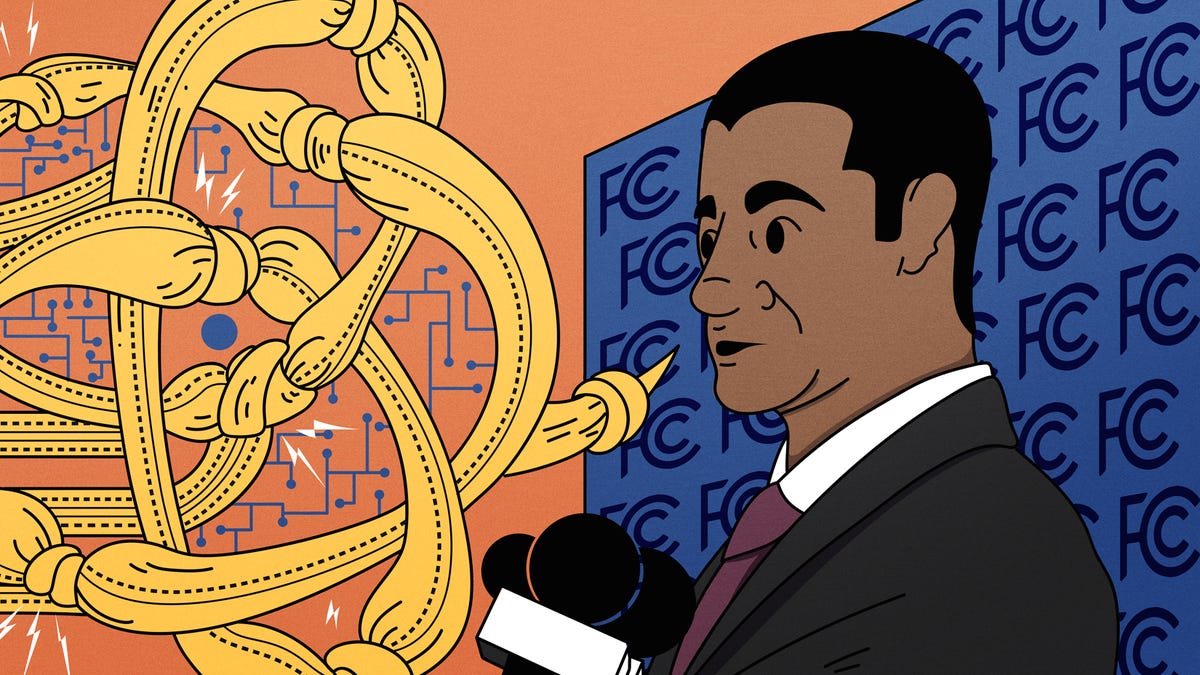Majority of net neutrality comments sent to FCC were fake
That's according to a study conducted by the Pew Research Center.

FCC Chairman Ajit Pai has big changes in store for how the government treats the internet.
It appears the bots are really into the net neutrality issue too.
When the Federal Communications Commission opened up this year for comments on the rules governing net neutrality, or the principle that all internet traffic must be treated equally, it received nearly 22 million comments in the four months from late April to the end of August. That's roughly 50 times more comments than it received back in 2014, the last time people could comment on the issue.
It turns out, though, that 57 percent of the 2017 comments used temporary or duplicate e-mail addresses, and seven popular comments accounted for 38 percent of all submissions, according to a study conducted by the Pew Research Center. Of the 21.7 million comments submitted, only 6 percent were unique, which Pew said is clear evidence of organized campaigns to flood the system with repeated messages.
Pew Research didn't disclose which way the comments leaned, but the staggering amount of false and duplicate entries makes it difficult to gauge the public's opinion on net neutrality. Consumer groups and online companies argue that the current rules are critical to ensuring there's an even playing field for anyone operating on the internet. But internet service providers and pro-business Republicans argue that the rules are too stiff and hamper investment in future networks.
This come after it was discovered that 444,938 comments were from Russian email addresses, according to Bloomberg.
FCC Chairman Ajit Pai has outlined a proposal to roll back virtually all of the net neutrality rules put in by the previous administration, and he and his two fellow Republican commissioners outnumber the two Democratic, pro-net neutrality commissioners. They vote on the proposal on Dec. 14.
"This demonstrates why a rulemaking proceeding is not a public opinion poll and why the FCC focuses on the quality not the quantity of the comments," said an FCC spokesman.
Update, 10:07 a.m. PT: To include a comment from the FCC and note the Russian email addresses.
The Smartest Stuff: Innovators are thinking up new ways to make you, and the things around you, smarter.
iHate: CNET looks at how intolerance is taking over the internet.

